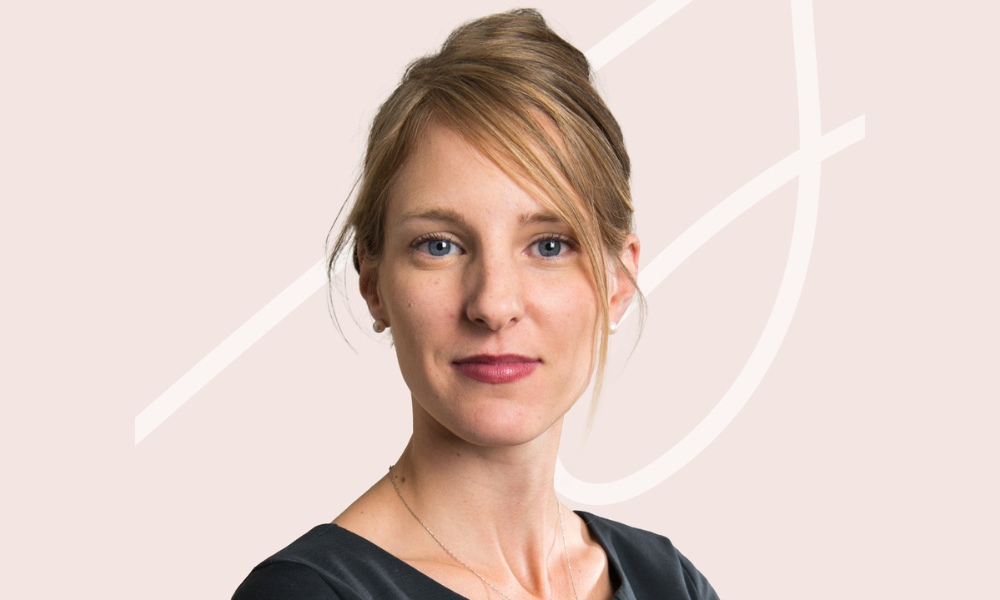Changes highlight the usefulness of trusts, she says

The new capital gains inclusion rate and changes to the alternative minimum tax will be top of mind for tax planners in Quebec following the announcement of the federal government’s proposed budget, says Audrey Gibeault, head of Lavery’s tax practice.
“It's a significant budget,” she says, adding that it contains the most substantial changes she has seen in the past few years. In addition to being a lawyer, Gibeault is also a chartered professional accountant.
The budget proposes widening the inclusion rate on annually realized capital gains above $250,000 from 50 to 66.6 percent. This would impact both businesses and individuals. For individuals, the feds said this would affect 40,000 people in Canada – 0.13 percent of the population – who average an income of $1,411,000 per year.
In Quebec, because of the changes to the capital gain inclusion rate, before June 25, the highest marginal capital gains tax rate for individuals was 26.66 percent, says Gibeault. After June 25, the highest marginal tax rate on capital gains for individuals above the $250,000 threshold will be 35.54 percent. For corporations, the $250,000 threshold does not apply, and the effective tax rate increased from 25.1 to 33.47 percent.
“The increase of the capital gain inclusion rate will impact any transaction that might take place in the short-to-medium timeframe,” says Gibeault. She is telling partners with ongoing transactions to close by the end of the year if they want to stay within the current 50 percent inclusion rate.
“In a nutshell, every transaction that needs to be undertaken in the next year should seek tax advice before June 25 to benefit from the old rules.”
She says that the rise in the capital gain inclusion rate will have a major impact on the estate planning practice. When a person dies, they are deemed to have disposed of all their assets at fair market value unless transferred to a spouse. If a deceased person owned shares in a company, for example, and left them to their children, the estate would be deemed to pay income tax at the highest marginal tax rate, and the transfer would be taxed at 26.6 percent (50 percent inclusion of a rate of 53.31 percent). After the boost to the inclusion rate, the transfer would attract a tax rate of 35.5 percent, an increase of 8.8 percent.
Gibeault says that taxpayers must also consider the alternative minimum tax (AMT). Ottawa made changes to the AMT, which were implemented in the 2023 budget and took effect on Jan. 1. The AMT applies to a capital gain above $173,000 and imposes a tax rate of 36.12 percent. The taxpayer must pay the higher amount between the AMT rate and a regular capital-gain tax treatment.
Amid the 2024 budget announcement, the new AMT rules went “under the radar,” she says, with all the talk of the increased capital gains inclusion rate.
Gibeault says trusts can be useful for estates subject to these new tax rules.
“At the time of death, you, as an individual, are deemed to dispose of all of your assets,” she says. “But the trust is not subject to that deemed disposition rule, meaning that you can defer the income taxes otherwise applicable upon that until the next generation.”
This is particularly handy, says Gibeault, for the estate planning of owners of a private corporation.










